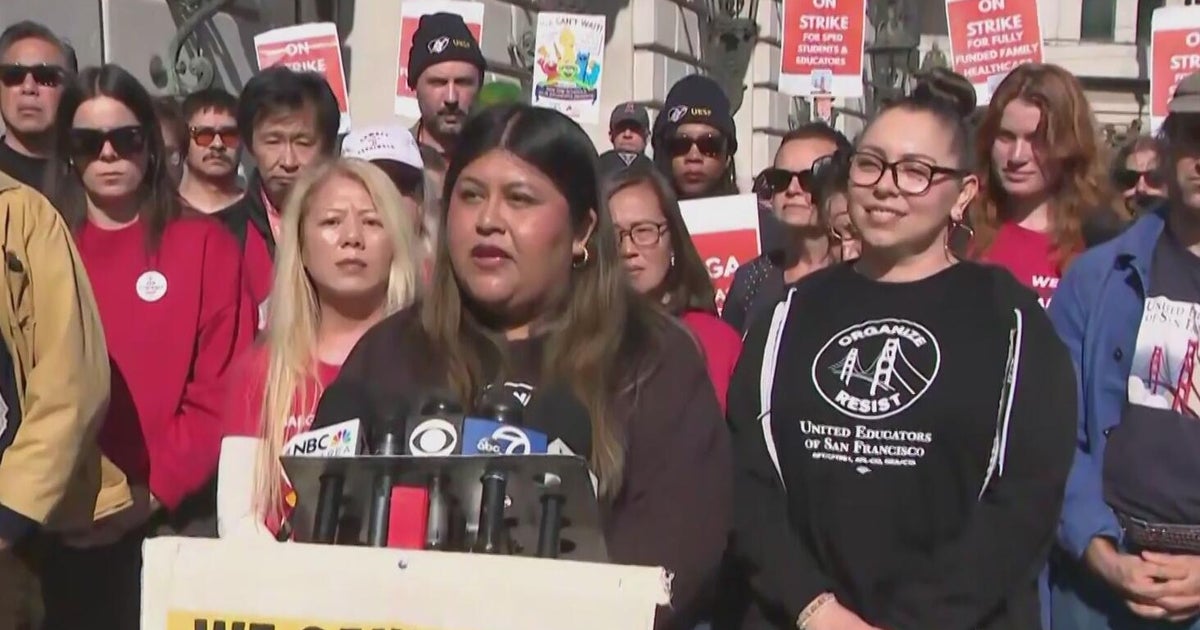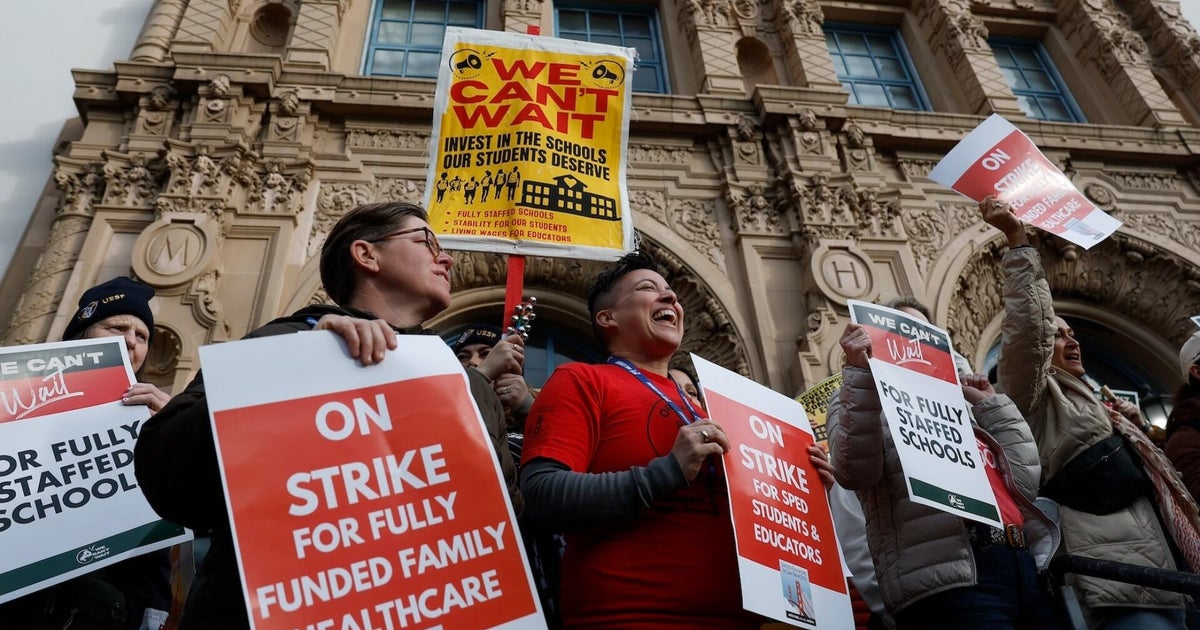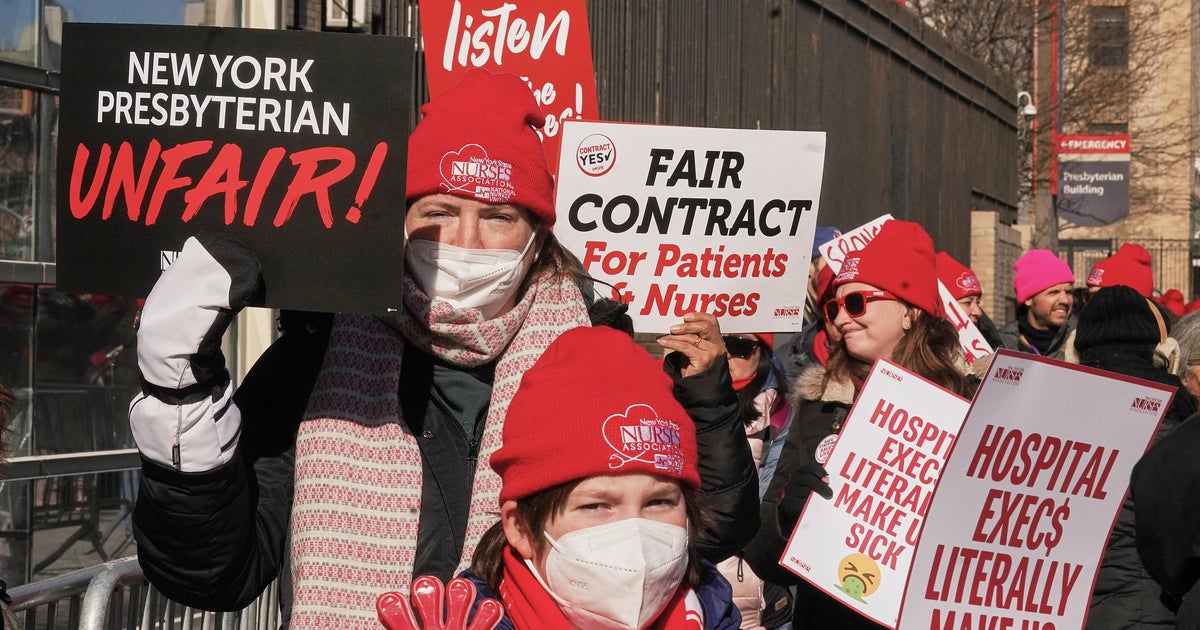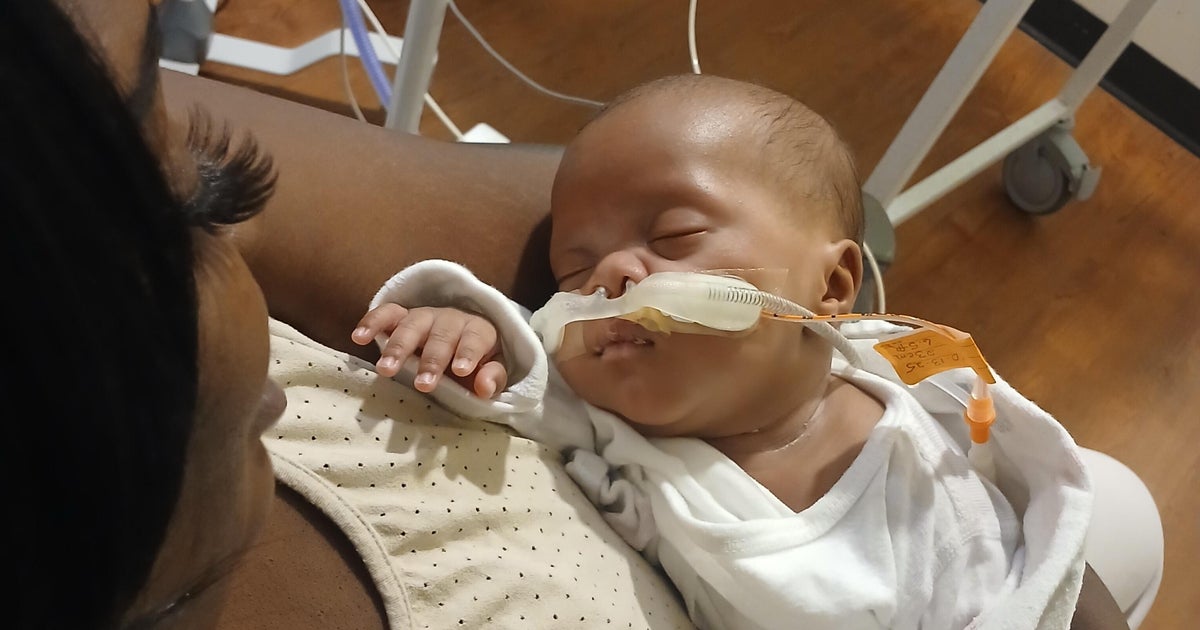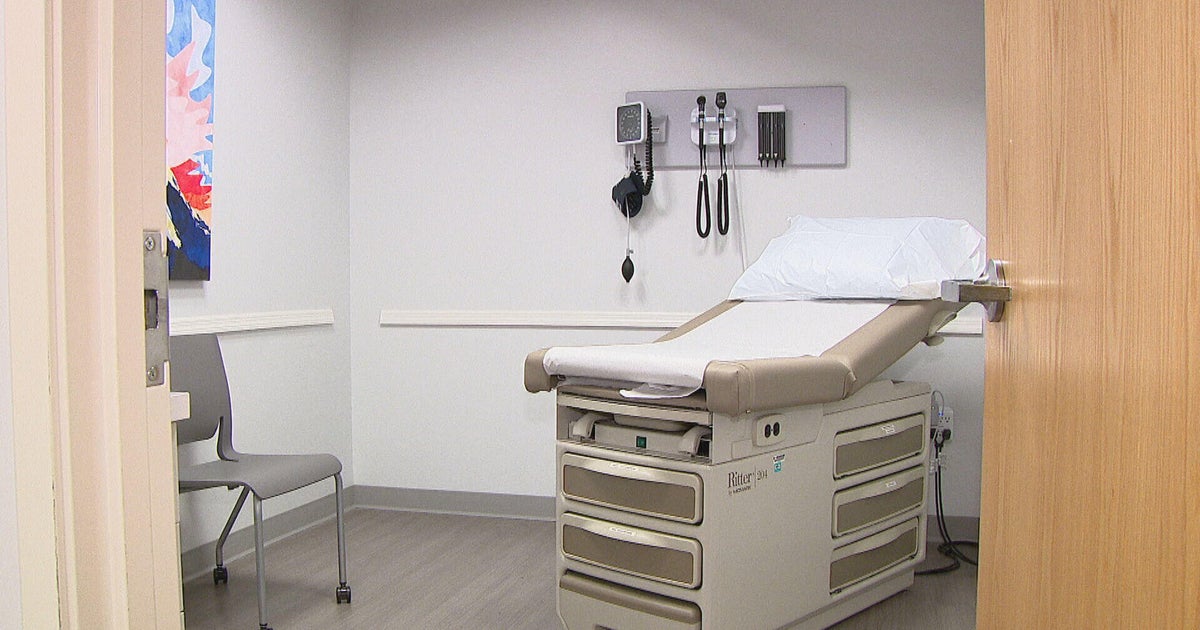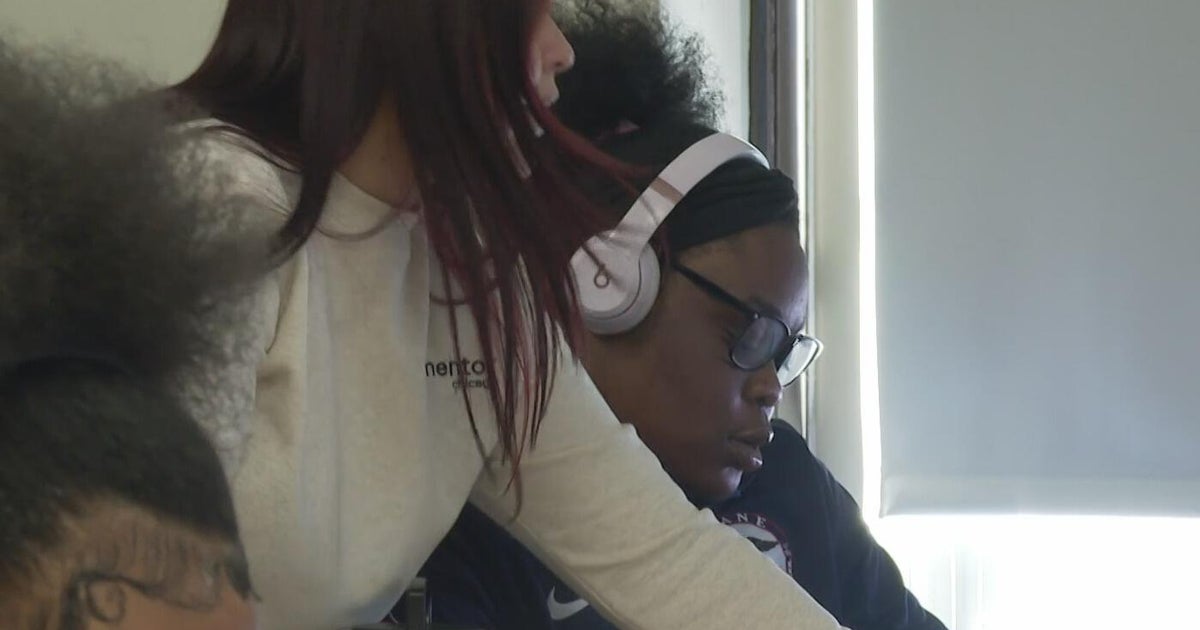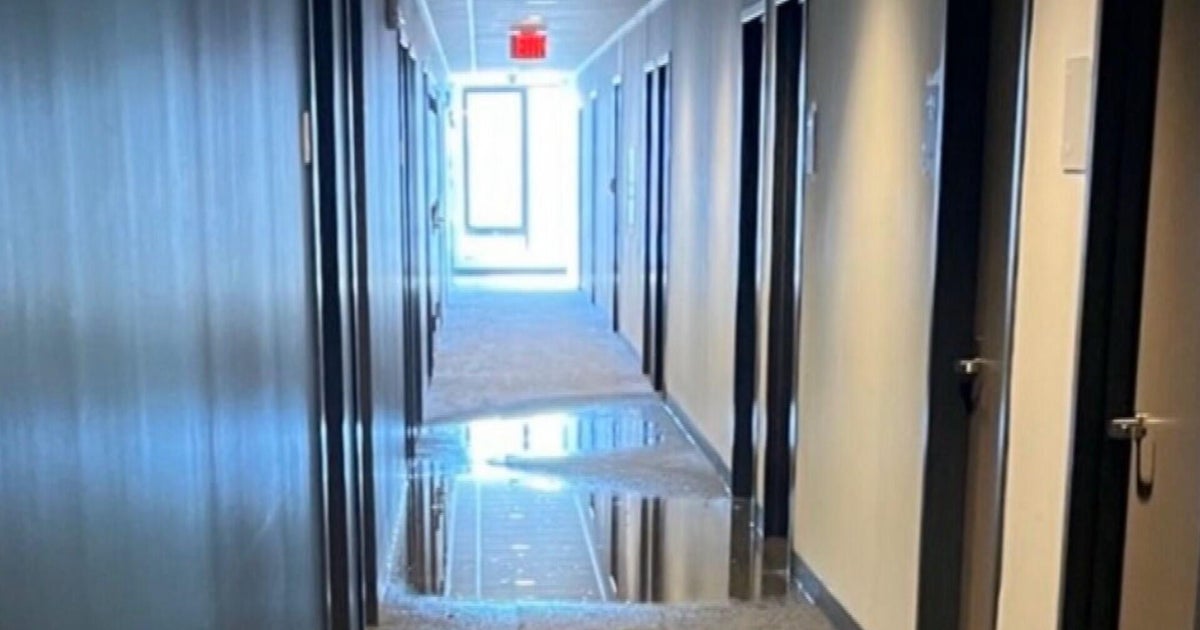Stanford nurses strike has nursing students concerned for their future careers
PALO ALTO (KPIX) -- Nursing students across the Bay Area are closely watching recent strikes at local medical centers.
Monday morning, 5,000 nurses at Stanford Health Care and Lucile Packard Children's Hospital at Stanford went on strike, walking picket lines outside both hospitals.
Nursing students say they're worried about the current state of the healthcare industry and what that could mean for their careers.
"As a future nurse, I am very sympathetic towards the nurses that are striking since they have been working tirelessly in the last two years in the pandemic and they deserve proper compensation," said Maria Angelica Tumandao, a senior at San Francisco State working on her nursing degree. "Well definitely it's pretty scary since I'm graduating very soon."
She is the president of the Nursing Students Association at San Francisco State University and plans to start working after she completes the NCLEX exam. Her concerns for nurses are both the challenges of working through the pandemic as well as the high cost of living around the Bay Area. None of that has made her think twice about changing her career plans.
"For me personally, I haven't, I really stuck to the idea that I really want to be a registered nurse," she said. "When my mom was diagnosed with colon cancer and seeing how hard the nurses worked, and not only taking are of just my mom but me and my dad, as well."
Nursing students may worry about the outlook of their profession but they say the hardships they're seeing also motivate them to make a larger impact in the industry, hopeful that the healthcare system will undergo necessary reforms.
"It's definitely a factor, it's a little scary, I'll be honest. I'm sure a lot of nursing students can relate to swallowing a big pill, taking on such a big role in healthcare," said John Pierre Cayabyab, a USF nursing student. "It does push me forward and encourage me to sort of help with that problem in today's world."
As a freshman he has to spend more time worrying about general education class requirements than the current shortage of nurses. But he knows it's not going away and he will likely be a part of the solution when he graduates and starts working after college. It's a passion he knew he had growing up that he plans to stick with years later.
"There's definitely been doubt, there's definitely been doubt in terms of the responsibility," said Cayabyab. "I chose nursing because I want to be there to help other people."
